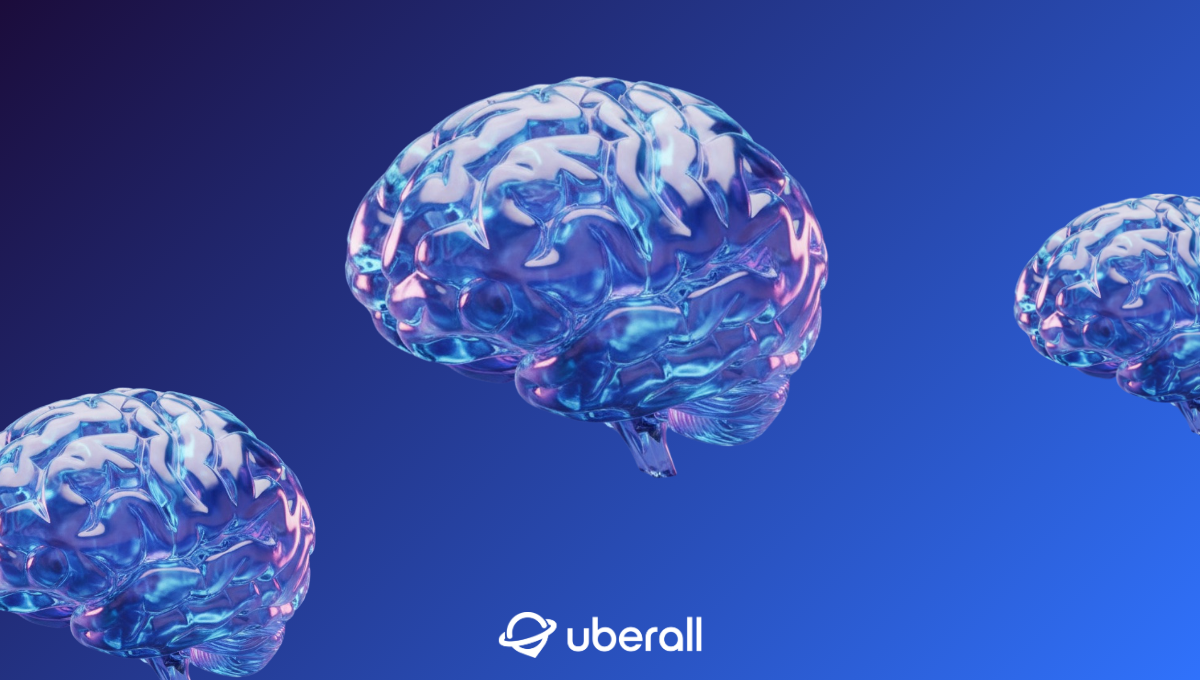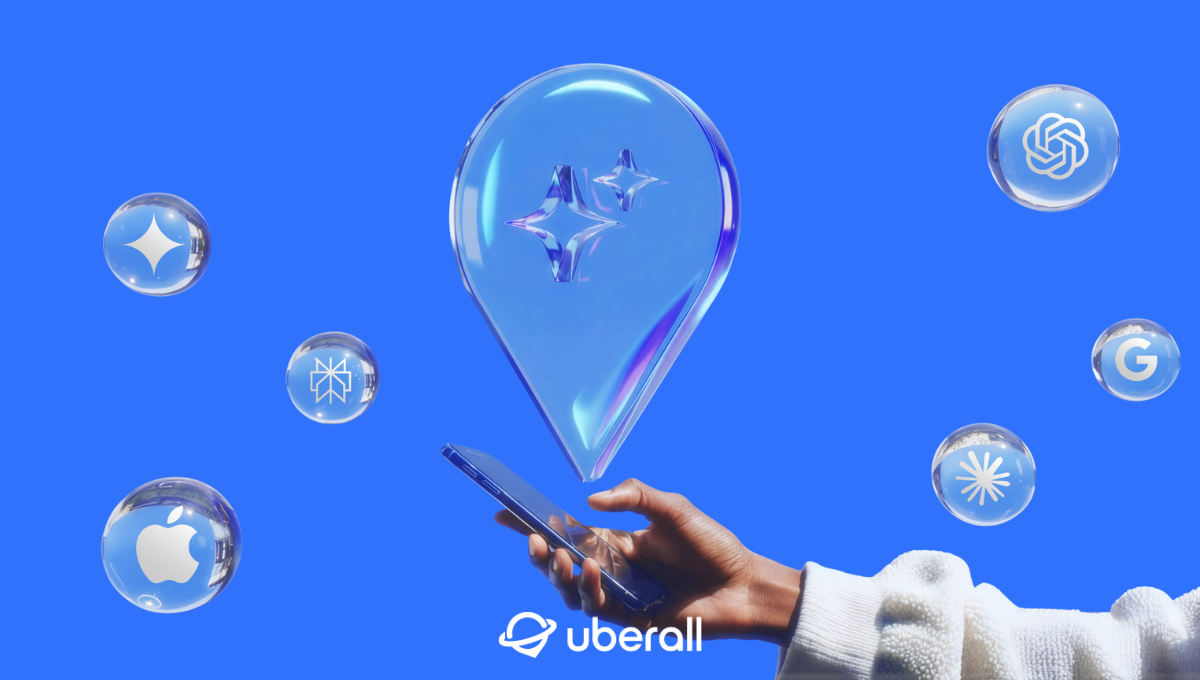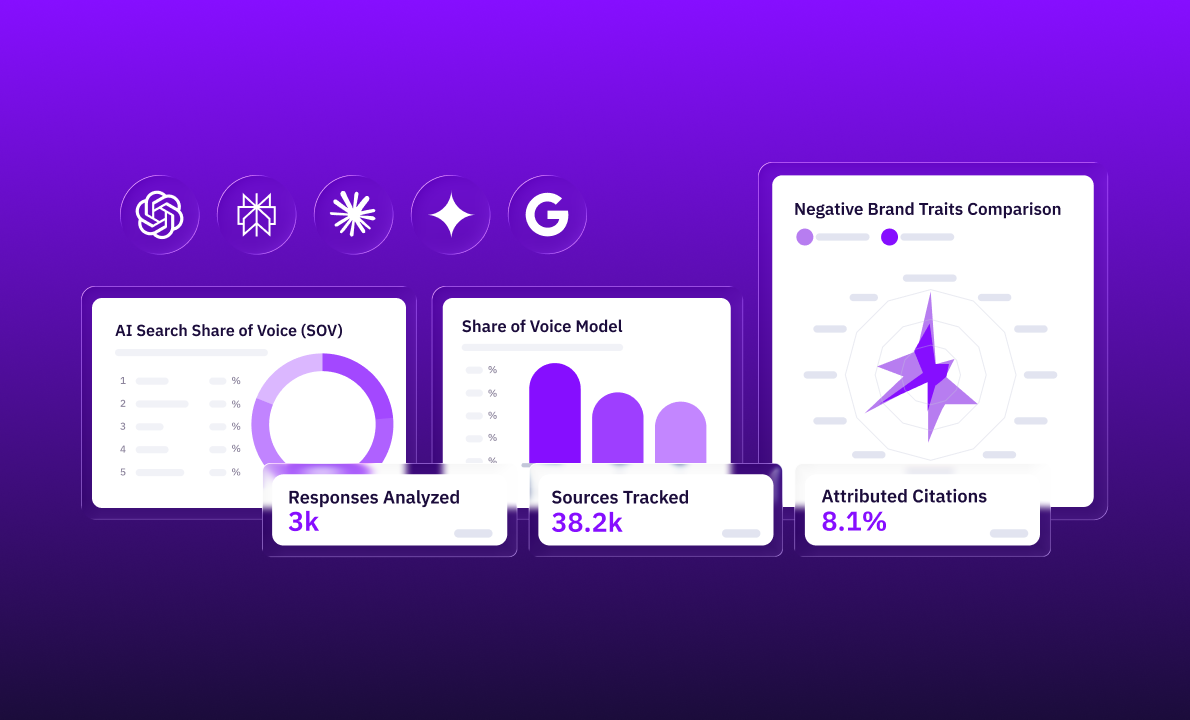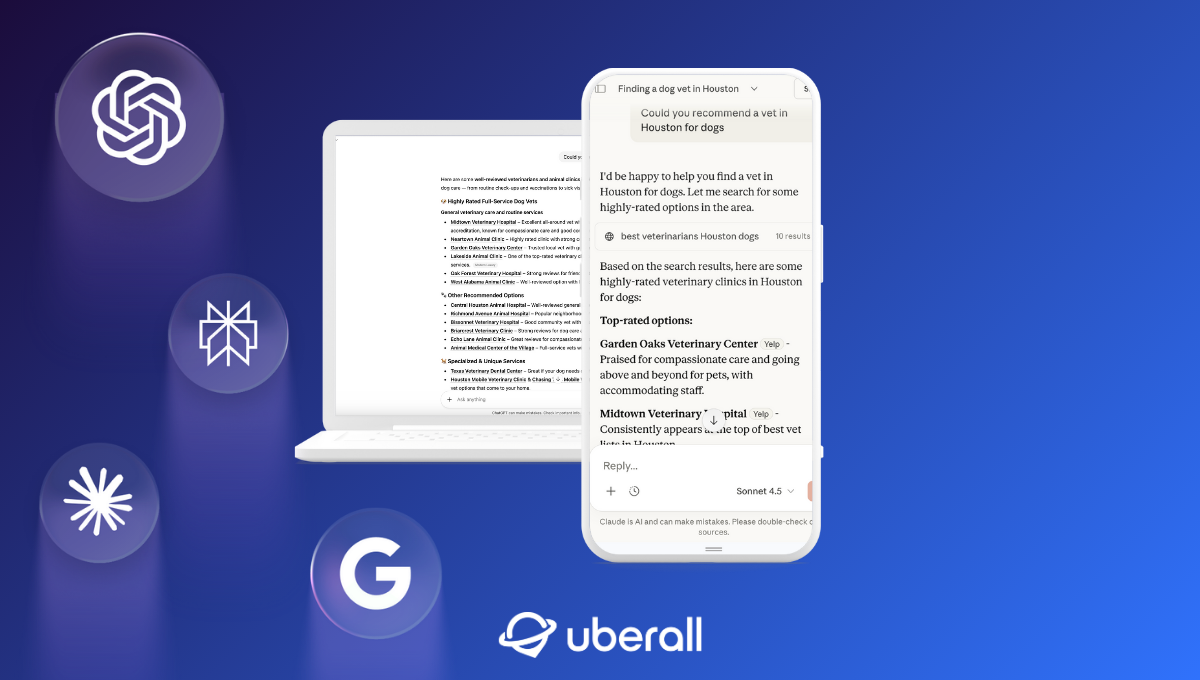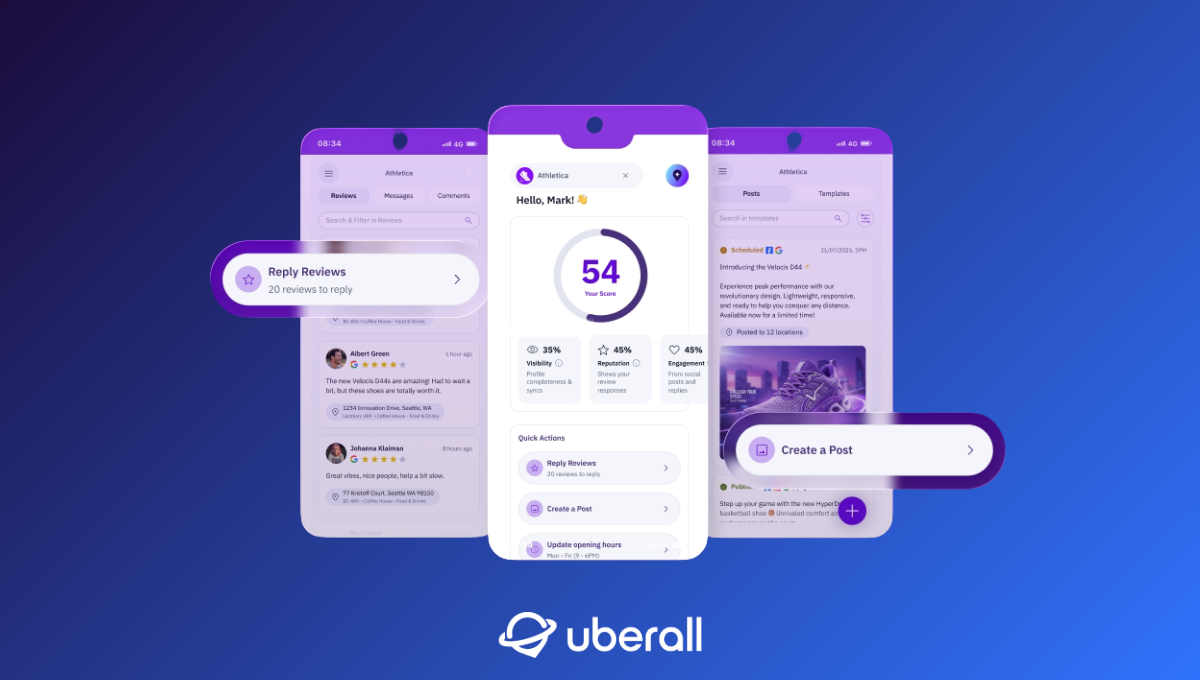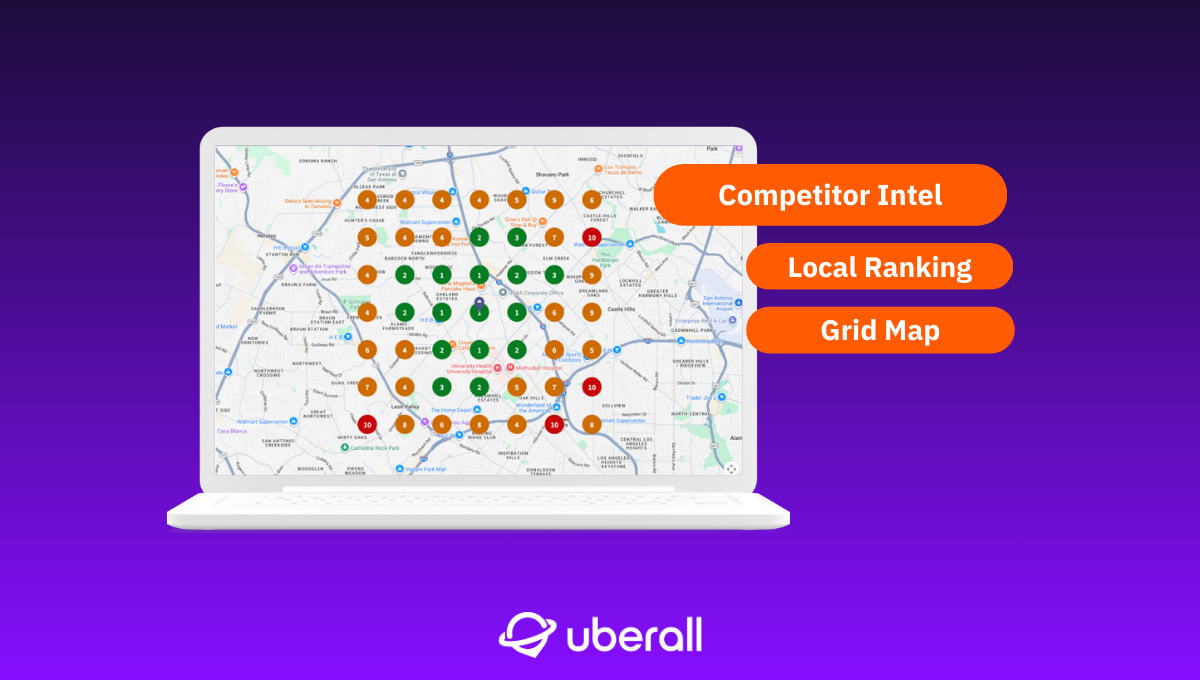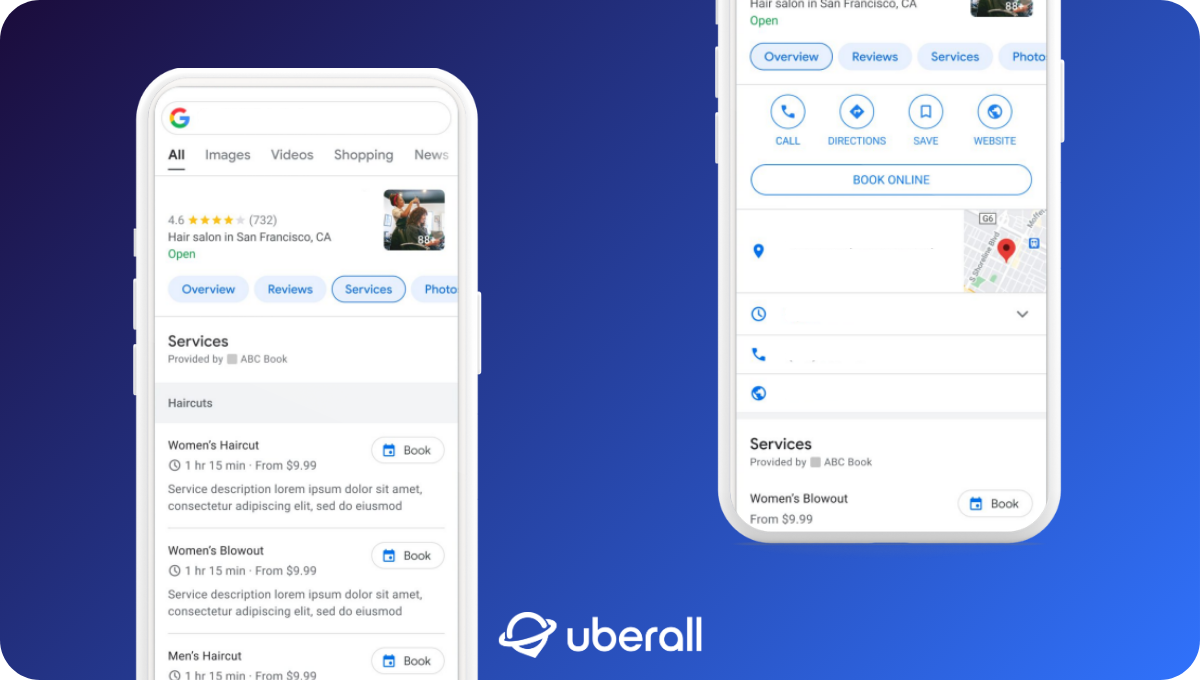
Podcast Pieces: Is the New Customer Journey Getting Messier?
Read about key local business consumer insights in the age of the messy new customer journey with AI – directly from local SEO expert Greg Sterling.
AI is reshaping the way consumers search — but Google’s role in the local discovery journey isn’t going anywhere just yet.
In the latest episode of our Local Marketing Beat podcast, Greg Sterling, analyst and co-founder of Near Media, shares fresh US consumer research on how people use AI tools like ChatGPT and Gemini alongside Google, and what brands can do to remain relevant in the new customer journey.
ChatGPT Is Now a Search Habit, Not Just a Hype
Greg Sterling: “At a high level, people really like AI. They like ChatGPT and some of the other similar experiences — Gemini and Claude. They like the conversational user experience. They like the ability to ask follow-up questions. They trust the information for the most part.”
Despite this, Greg explains, that doesn’t mean Google is out of the picture. In fact, since ChatGPT’s launch, Google has rolled out AI Overviews, launched an AI Mode that mimics the chat experience, and adjusted its results to feature more authentic sources like Reddit and forums.
Greg’s team has run two consumer surveys — one in November and one in June — to track how AI search habits are evolving and whether Google is being abandoned. When asked which delivered a better experience across 12 to 13 categories (from healthcare and legal to shopping and local search), two-thirds of respondents still chose Google. That said, one-third preferred ChatGPT — a significant jump from zero just two years ago. And between November and June, ChatGPT’s share grew in every category except news and local search.
Local Search Still Belongs to Google
Greg Sterling: “ Local is an area in particular where Google has a dramatic competitive advantage because of all its data, its local guides, its local graph, maps, and the depth of information reviews. So, that's going to remain a very kind of high-intensity use case for a lot of people, even if they’re using ChatGPT, to get other kinds of information.”
Greg’s team found from their survey that local search ranked near the bottom of 18 possible AI use cases. Why?
This comes down to trust. AI may surface reviews or ratings, but sources aren’t always clear. Consumers don’t know if the data is complete, current, or reliable. As a result, many start with AI for research but go to Google for the “last mile” — reviews, directions, and contact details.
Greg sees this as a microcosm of the relationship between AI and Google: AI handles certain top- or mid-funnel tasks well, but for accuracy, depth, and trust, Google still wins.
Customer Journey Mapping Is Getting Messier
Greg Sterling: “ You need to really understand where your customers are, how are your customers finding you, how are they discovering you, what are the things that they're using? Are they using Instagram? Are they using TikTok? Are they using TripAdvisor? Are they using Google? It's always Google and XYZ — it’s never just Google.”
Customer journey mapping has always been complicated, and marketers are aware of this now more than ever. Word of mouth is still a big factor in a lot of high-consideration categories.
Greg explains that their survey showed heavier AI users tend to use AI tools differently from how they use Google — the tools are not interchangeable. This behavior increased between the November 2024 survey and the June 2025 follow-up.
Today’s shoppers are platform-hoppers. They might use TikTok for travel inspiration, Instagram for restaurant ideas, YouTube for tutorials, TripAdvisor for hotels — and AI for product comparisons or quick answers.
The survey data shows that heavy AI users are learning to treat AI and Google differently, using each for what it does best. For example, AI is efficient for comparing products from different retailers — but users often still turn to Google for final checks and more detailed information.
This multi-platform behavior makes the path to purchase less linear than ever. Greg points out that consumers are almost never using just one source before making a decision — they want, and need, validation.
How Brands Can Prepare for This Customer Journey
Greg Sterling: “The importance of building a strong brand and a loyal audience has never been greater … Google has the tendency to flatten brands and AI risks doing that even more.”
Businesses really need to boost their brands to avoid AI flattening their products or services into just another interchangeable option in a list of choices available in the market. Strong brands that consumers recognize and trust before they even search will win.
Greg’s predictions for the future are that we’re going to see more browsers include AI directly in them. People are looking for tools to increase their efficiency — above all, trusted resources. Amid this noise, Greg recommends businesses focus on the following:
- Deliver an exceptional experience — great product, great service, great support.
- Be everywhere your customers are — not just on Google, but also on Bing Places, Yelp, industry-specific directories, and relevant social platforms. Newsletters and email marketing are also important.
- Invest in a good customer review strategy — both on Google and in key vertical sites like TripAdvisor or Eater.
- Use short-form video for discovery — TikTok, Instagram Reels, and YouTube Shorts are powerful brand-awareness channels.
- Own your data — keep your business info accurate and complete across every platform so AI tools can surface it correctly.
Ready to Transform Your Business?
Connect with our partnership team to learn how Uberall can help you achieve similar results. Get a personalized consultation and discover the opportunities waiting for your business.
Resources



